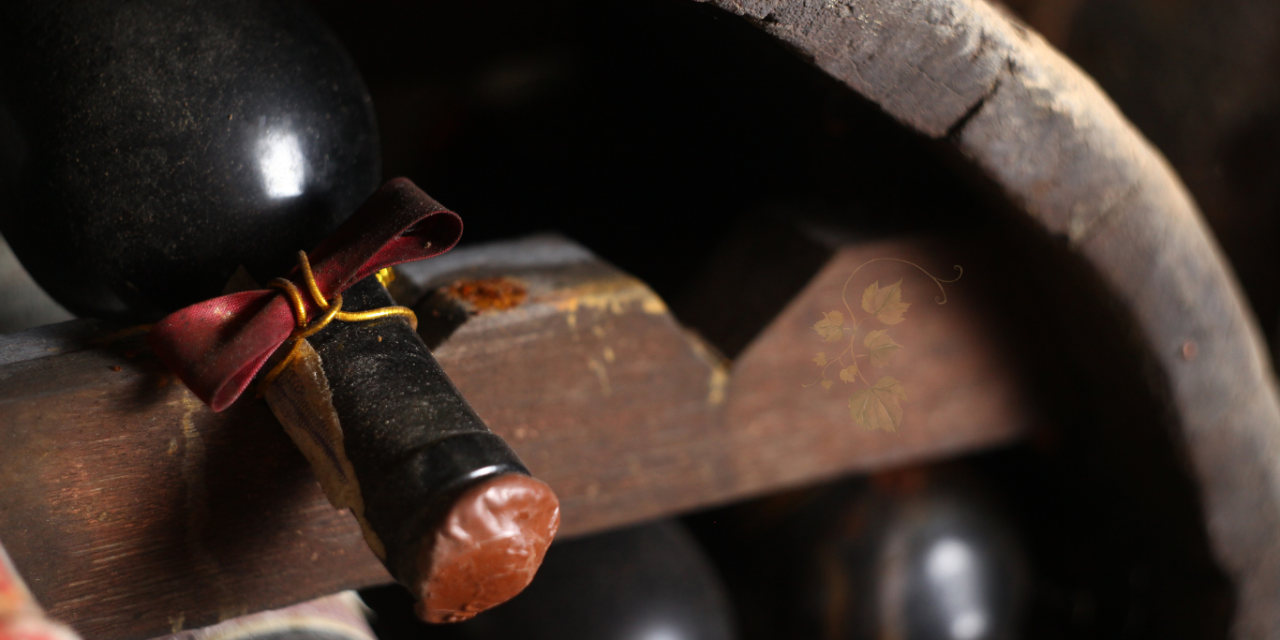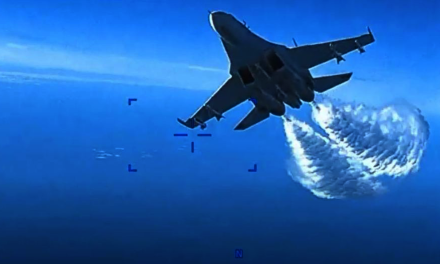French and Italian police have dismantled a sophisticated international fraud ring responsible for selling low-quality wine as high-end vintages, with some bottles priced at up to €15,000 each. Six individuals, including a suspected ringleader from Russia, were arrested in Paris, Turin, and Milan.
- Arrests and Leadership: Among those arrested is a 40-year-old Russian national, believed to be the mastermind behind the operation.
- Fake Labels: The group allegedly created counterfeit labels of prestigious French vineyards and sold them globally through established wine traders.
- Financial Gain: French prosecutors revealed that the fraudulent scheme generated a staggering €2 million in profits.
- Charges: A French national has been charged with organized fraud and money laundering, while the Russian ringleader faces similar charges.
Seized Evidence:
- Counterfeit wine bottles from various Grand Cru domains.
- Fake wine labels and wax products.
- Ingredients used to refill wine bottles and machines to reseal them.
- Luxurious goods, electronic devices valued at €1.4 million, and over €100,000 in cash.
Wine Fraud: A Growing Concern Wine fraud has existed for centuries, but in recent years, the stakes have risen significantly. While fraud was once limited to a small group of experts counterfeiting labels, the rising market prices of premium wines have made this a highly profitable criminal enterprise.
-
Italy: The Hub of Wine Fraud: Italy, known for its wine expertise, has become a central location for these operations. Skilled artisans with knowledge of labeling, old bottles, and corks collaborate with the criminal underworld to produce counterfeit products.
-
Undetectable Fakes: According to industry experts, modern counterfeits are so expertly crafted that even prestigious vineyards struggle to identify them as fraudulent. Buyers, particularly from international markets such as China, are willing to spend up to €25,000 on what they believe is a top-tier wine, never realizing they’ve been deceived.
The allure of quick profits, combined with the difficulty in detecting these forgeries, makes wine fraud an ongoing challenge for authorities and the wine industry alike.
















